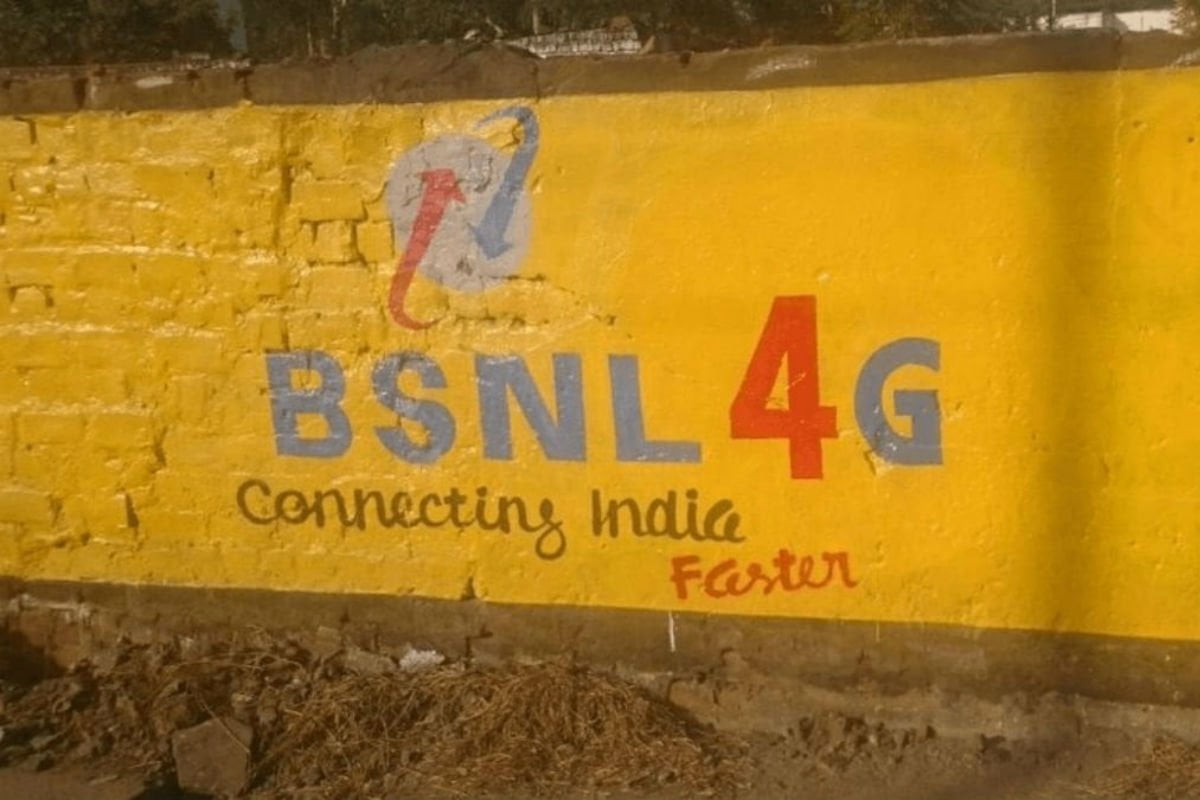
While there were reports making rounds online that Bharat Sanchar Nigam Limited (BSNL) would launch 4G networks by September 2022, it isn’t likely going to happen. This is because the state-run telco’s 4G trials have been delayed. For the unaware, BSNL is testing its indigenous 4G with the help of Tata Consultancy Services (TCS). BSNL was supposed to finish this trial within or by October 31, 2021. But now, according to a Financial Express report, the trials have been extended up till January 15, 2021.
BSNL’s Problems With TCS
BSNL had raised concerns over TCS not honouring the Expression of Interest (EoI) rules. The state-run telco had asked TCS to use 40W radios for the demonstration of indigenous 4G. But TCS had mostly deployed 20W radios. While the trials with 20W radios were also successful, for BSNL, its use wasn’t the efficient way to go with.
According to the publication’s report, TCS will set up the 40W radios on select sites by December 20 following which on December 23, BSNL would start with the trials. The trials might be extended till January 15, 2021.
But as has been the case with BSNL so far, a single more delay would mean that the state-run telco’s 4G networks PAN-India launch would be pushed ahead to 2023.
As mandated by the government, BSNL can only use indigenous network core and equipment for launching its 4G networks in India. This move from the government is to ensure that BSNL’s 4G networks are safe for the citizens of the country and would also enable the state-run telco to go ahead with launching indigenous 5G.
BSNL was also not cleared by the government nominees on the company board to go ahead with upgrading over 13,533 sites to 4G across the south and west India with Nokia’s equipment citing security reasons. BSNL needs 4G networks as fast as possible to compete with the private operators who are on the verge of launching 5G networks.















